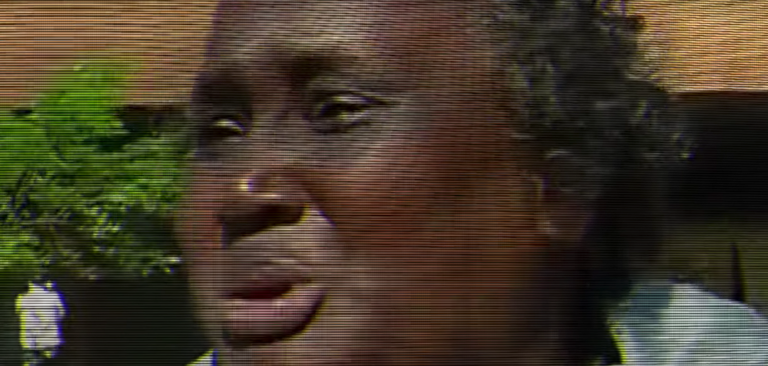Social platforms are having a showdown moment with President Donald Trump. After fact-checking and placing warning labels on two of his tweets that concerned mail-in ballots, things escalated when his post about the post-Floyd riots was deranked and received a stronger warning.
This time, it was Trump campaign’s account, @teamtrump, that had a video removed for violation of copyright. But the campaign is calling this censorship, and is urging people to watch the video on YouTube, where it was still up.
The video is a tribute to George Floyd, and its message is described as uplifting and unifying; however, not only is Twitter blocking it, but, according to the campaign, media outlets are effectively boycotting Trump by not covering this kind of content coming from the president.
Click here to display content from X.
Learn more in X’s privacy policy.
In the video, entitled “Healing, not Hatred,” Trump is heard saying that he supports peaceful protesters and understands and supports their demands for justice and peace, and describing Floyd’s death as a grave tragedy that should never have happened. He also denounces those who used the protests to launch riots and looting, and specifically mentions the far-left organization Antifa and others whom he refers to as radicals.
It’s unclear which part of the video was offending on copyright grounds. The social network’s only reaction has been to state that the removal was in line with its copyright policy, which responds to “valid” complaints.
From Politico:
“Trump’s campaign blasted Twitter’s decision in a tweet Thursday, accusing the company of censorship. “Twitter and @Jack are censoring this uplifting and unifying message from President Trump after the #GeorgeFloyd tragedy,” the campaign tweeted from the @TeamTrump account. The campaign’s tweeted barb included a link to a version of the video posted on Google-owned YouTube.
A California law firm confirmed to POLITICO that it submitted copyright complaints to Twitter, Facebook, Instagram and YouTube over the video, which it says infringed on material from an artist it represents. YouTube was the only platform not to comply as of Friday afternoon, said Sam Koolaq, who heads the solo practice in Burbank.”
Copyright rules under the DMCA are often abused on social platforms for a variety of reasons. What makes it easy to cause damage in this way is that these companies’ policies are designed to protect themselves by removing content first, and then leaving it up to the user to complain and prove them wrong.
At this moment, it’s unknown if the notice against the Trump video was in fact valid; but his campaign clearly doesn’t think so, branding Twitter’s action as censorship aimed against the president.
In case Twitter did receive a complaint from a copyright holder, or someone claiming to be one, it won’t be surprising if the same scenario plays out on YouTube as well.













